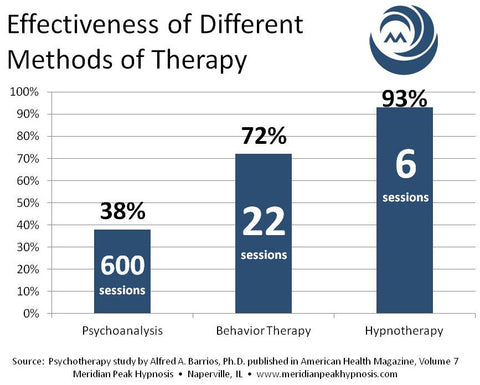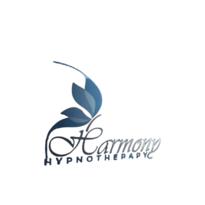Research: Science Proves Effectiveness of Hypnotherapy

According to a number of acclaimed studies and research, published by Professional Hypnotherapists of Australia Inc., hypnotherapy is notably more effective than current mainstream treatments for a variety of conditions including:
- Anxiety
- Smoking
- Weight loss
- Migraines
- Recovery from Surgery
- Pain of Headaches and Anxiety
- Pain in Burn Injuries
- Lowered Limb Phantom Pain
- Acute and Chronic Pain
- Hospital Emergency Rooms
- Methadone Addiction
- Drug Addiction
- Self-esteem and Serenity
- Lowered Impulsivity and Anger
- Fracture Healing
A FEW IMPORTANT FACTS REGARDING THE HISTORY OF HYPNOTHERAPY AND UNCONSCIOUS PROCESSES
There is solid scientific research proving the effectiveness of hypnosis, and it has been respected and used by pioneers of mental health such a Sigmund Freud, Pierre Janet, and Alfred Binet… just to name a few.
Frans Anton Mesmer brought hypnotherapy (mesmerism) into public attention as a powerful therapeutic tool in the late 18th century.
However, we know that hypnosis and hypnotherapy have been used effectively for thousands of years. In fact, it’s been traced back BC to Ancient Greek and Egyptian times. It’s been used it to cure all sorts of physical and psychological issues throughout the history of mankind, including all cultures – the Sumerian, Persian, Chinese, Indian, Egyptian, Greek and Roman.
You can READ MORE about the history of Hypnotherapy HERE.
Clinical Hypnotherapy, and healing at the unconscious level, is therefore the furtherest thing from a “new-age” therapy… it’s the oldest and most fundamental therapy available to mankind.
RECENT RESEARCH
The following list provides a taste of the extensive research proving the effectiveness of Hypnotherapy:
- An extensive 2010 study published in the Expert Review of Neurotherapeutics (Volume 10, 2010 - Issue 2) concluded:
"Self-hypnosis training represents a rapid, cost-effective, nonaddictive and safe alternative to medication for the treatment of anxiety-related conditions. Here we provide a review of the experimental literature on the use of self-hypnosis in the treatment of anxiety and stress-related disorders, including anxiety associated with cancer, surgery, burns and medical/dental procedures. An overview of research is also provided with regard to self-hypnotic treatment of anxiety-related disorders, such as tension headaches, migraines and irritable bowel syndrome. The tremendous volume of research provides compelling evidence that hypnosis is an efficacious treatment for state anxiety (e.g., prior to tests, surgery and medical procedures) and anxiety-related disorders, such as headaches and irritable bowel syndrome."
- A 2006 study published in the Journal of Pain and Symptom Management (Volume 31, Issue 1, January 2006) concluded:
"Studies report positive results, including statistically significant reductions in pain and anxiety/distress..."
- The American Journal of Gastroenterology 97, 951-961, (2002) published a study by Wendy M Gonsalkorale PhD, Lesley A Houghton PhD & Peter J Whorwell MD FRCP into the effectiveness of Hypnotherapy for Colonoscopy and Colorectal Cancer Screening. It concluded:
- Science Direct Volume 73, Issue 3, December 1997, Pages 361-367, published a study titled Psychological approaches during conscious sedation. Hypnosis versus stress reducing strategies: a prospective randomised study.
- A study published by the American Headache Society found Hypnosis highly effective in the treatment of tension headaches.
- Sapp, M. (1991). Hypnotherapy and test anxiety: Two cognitive-behavioral constructs: The effects of hypnosis in reducing test anxiety and improving academic achievement in college students. Australian Journal of Clinical Hypnotherapy and Hypnosis, 12(1), 25-31.
- Parncutt & McPherson (2002) explain, "Kendrick et al.(1982) showed the effectiveness of a procedure called attention training with a groupof 53 pianists who … Hypnotherapy if confident self-talk is the key to alleviating performance anxiety..."
CLICK HERE FOR MORE DETAILS or DOWNLOAD THE BOOK HERE.
- MD, Dr. Bernice C. Sachs, published an article in the Stress & Health Journal in 1991, stating:





